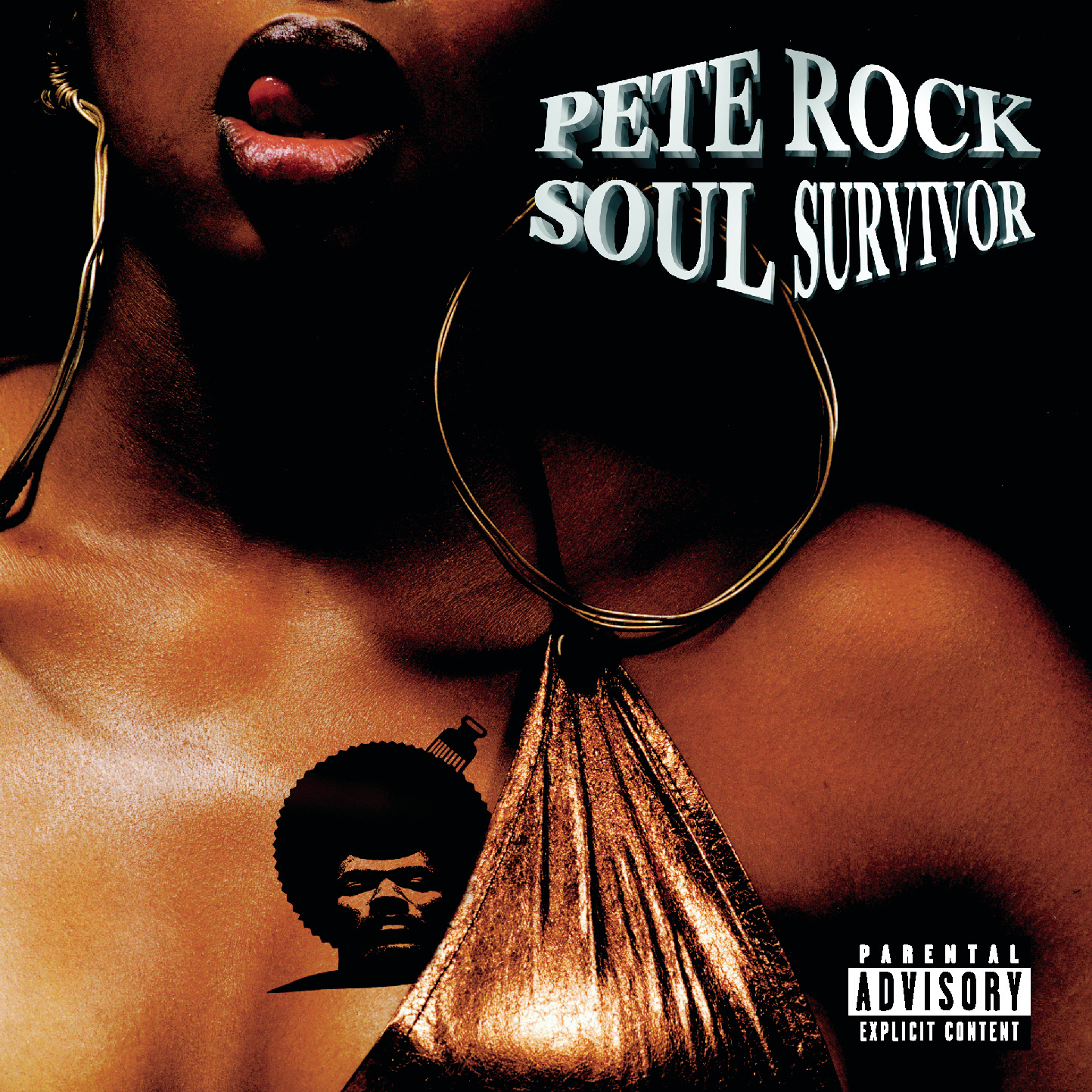Decoding Pete Rock's Soul Survivor
Explore the enduring influence of Pete Rock with a deep dive into his '90s masterpiece, 'Soul Survivor.'
The Chocolate Boy Wonder, also known as Pete Rock, consistently appeared on the list of geniuses who delivered high-quality music during the ‘90s. This artist’s brilliant body of work, extending over three decades, was crucial in shaping personal soundtracks for many. Pete Rock’s solo and collaborative projects coincided with significant life events, becoming integral to cherished memories.
When first discovering a passion for hip-hop, Mecca and The Soul Brother was almost like required listening, handed down by an older sibling to ensure a deep understanding of cultural expression. Following his split from C.L. Smooth, Rock faced increased scrutiny but demonstrated that his talents extended beyond exceptional beat-making. In the late ‘90s, his solo debut, Soul Survivor, offered comfort through its soulful samples and snappy snares. Coinciding with milestones like driving tests and first cars, this 17-track album equipped friends with head-nodding beats and verses from beloved emcees for weekend outings and post-school drives.
Soul Survivor emerged in 1998 as one of the year’s standout compilation albums due to its near-flawless production. The album drew renowned artists globally as it emerged from the aftermath of hip-hop’s bicoastal rivalry. The album’s lead single, “Tru Master,” featuring Inspectah Deck from Wu-Tang Clan and Kurupt from Tha Dogg Pound, showcased one of Pete Rock’s finest beats alongside memorable verses. The hook resonated throughout the industry, becoming one of the most quoted lines of that era. The LP boasted a dream team of collaborations for any rap fan.
It marked one of the initial instances where members of the Wu-Tang Clan worked with a producer other than RZA. “Half Man, Half Amazing” with Method Man resembled a crossover event between comic book heroes, driven by a beat from Pete Rock’s brother Grap Luva that fueled an exchange of powerful verses. Continuing collaborations with Loud/RCA label artists, Rock crafted a dark beat for Mobb Deep’s Prodigy on “The Game,” reuniting frequent collaborators Raekwon, Ghostface Killah, and Prodigy, who had previously joined forces on “Right Back at You” from Mobb Deep’s The Infamous.
Another standout track was “Truly Yours ’98,” which featured Kool G Rap revisiting his classic style nearly a decade after its inception on Road to the Riches. Accompanied by Large Professor, another respected rapper/producer duo paid tribute to Marley Marl’s original production, which had influenced Large Pro’s hit for Nas in 1992. Midway through the album’s success, Rock took a moment to shine independently on “#1 Soul Brother,” highlighting his production skills and lyrical ability.
The “Da Two” track showed listeners a reunion between Rock and C.L. Smooth. Despite creative differences preventing them from creating a more extensive catalog to rival other iconic duos, Rock continued to define East Coast production and became known for his remixing skills. Tracks like “Massive (Hold Tight)” featuring Beenie Man and cousin Heavy D broadened Rock’s portfolio and reinforced fan confidence in his musical capabilities.
Soul Survivor entered 1998 as one of the most eagerly awaited projects due to Rock’s history of influential hits such as “They Reminisce Over You (T.R.O.Y.)” and Public Enemy’s “Shut ‘Em Down” remix. The album’s flawless execution solidified its status as a must-have and cemented it as one of Pete Rock’s career highlights. In an era when tearing open CD packaging in hopes of finding at least one Pete Rock-produced track was common among friends, celebrating an entire album produced by this iconic figure was a significant moment.



